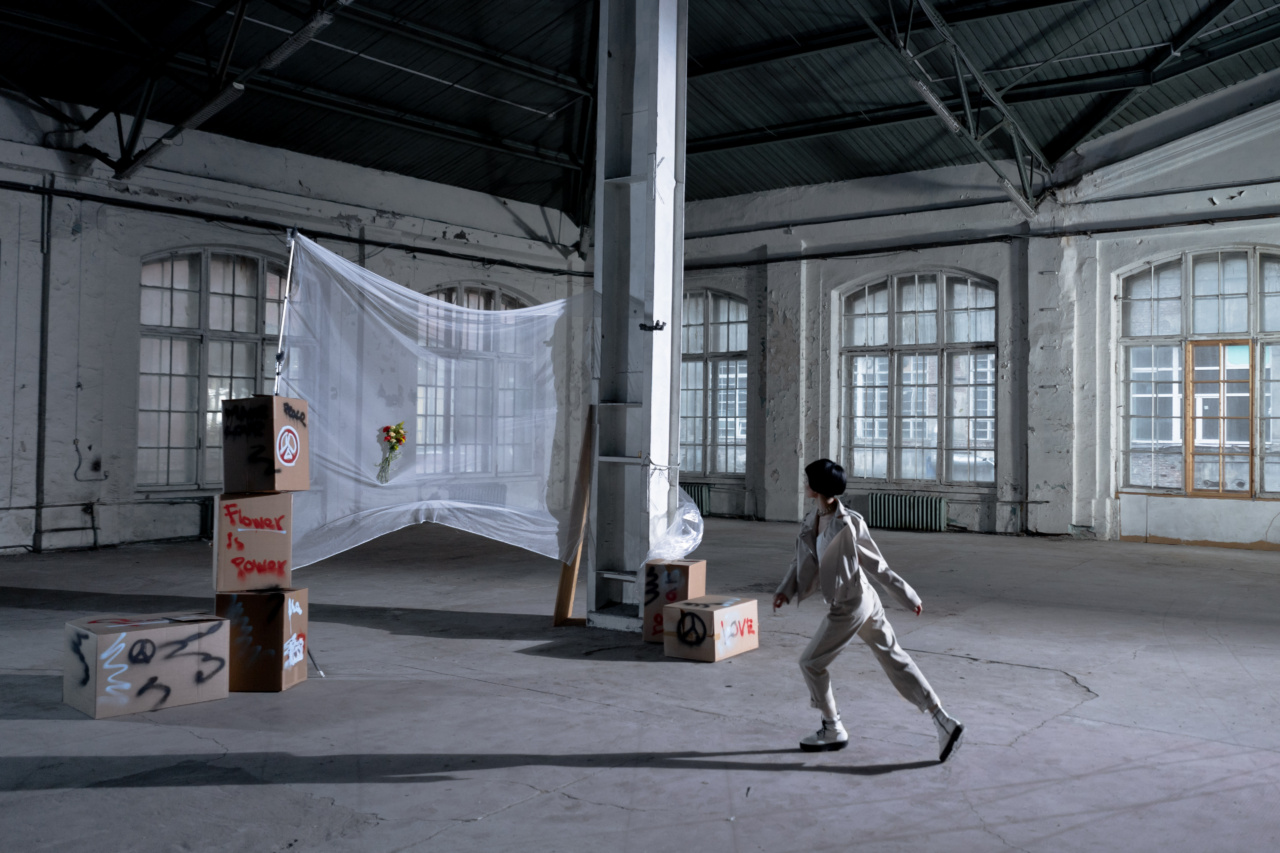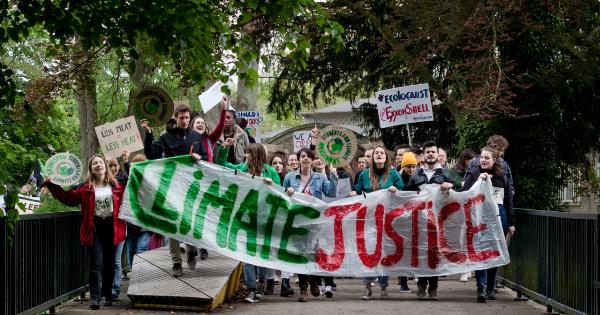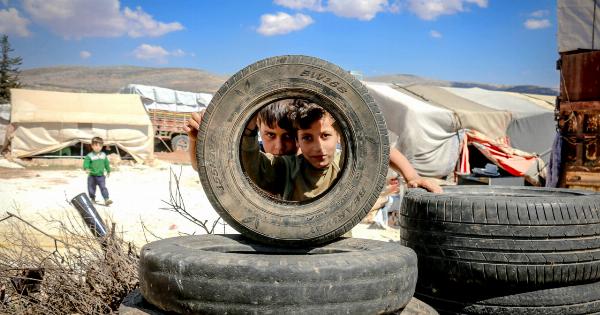In the city of Mayorkin, mutinies with the “Beta” class of citizens have become a frequent occurrence. This uprising against the oppressive regime has gained momentum in recent years, leading to increasing unrest and demands for change.
In this article, we will explore the reasons behind the mutinies, the struggles faced by the Beta class, and the potential implications for the future of Mayorkin.
The Beta Class: A Brief Overview
The Beta class in Mayorkin refers to citizens who are considered to be second-class. They are often subjected to discriminatory laws, limited access to resources, and restricted opportunities for growth.
While the Alpha class enjoys privileges and power, the Beta class struggles to make ends meet and constantly battles social and economic disparities.
The Roots of Dissent
The frequent mutinies in Mayorkin have their roots in deep-seated grievances among the Beta class. These citizens have long been marginalized and overlooked, leading to a growing sense of frustration and despair.
High levels of poverty, limited job prospects, and unequal access to education have further exacerbated the divide between the Beta and Alpha classes.
Socioeconomic Disparities
One of the key drivers behind the mutinies is the stark socioeconomic disparities within Mayorkin. The Beta class is disproportionately affected by poverty, with limited access to basic necessities such as healthcare, housing, and nutrition.
This vast inequality has bred resentment and a desire for change, leading to widespread discontent and unrest.
Discriminatory Laws and Policies
The oppressive regime in Mayorkin has implemented a range of discriminatory laws and policies that target the Beta class.
These policies restrict their freedom, limit their ability to participate in the political process, and perpetuate their marginalization. From accessing quality healthcare to obtaining fair employment, the Beta class faces numerous hurdles that keep them trapped in a cycle of poverty and powerlessness.
Role of Activism and Protest
Activism and protest have played a crucial role in fueling the mutinies within Mayorkin.
The Beta class, tired of being treated as second-class citizens, has organized protests, strikes, and demonstrations to demand their rights and challenge the oppressive regime. These acts of resistance have garnered support from both local and international communities, amplifying the voices of the oppressed and pushing for systemic change.
Violent Clashes and Repression
While many of the mutinies have started as peaceful protests, they have often escalated into violent clashes between the Beta class and state authorities.
The oppressive regime has responded with heavy-handed tactics, including the use of force, arrests, and intimidation. This cycle of violence has further inflamed tensions and deepened the resolve of the Beta class to fight for their rights.
International Attention and Support
The mutinies in Mayorkin have not gone unnoticed by the international community. Human rights organizations and foreign governments have condemned the oppressive regime and called for an end to the discrimination faced by the Beta class.
This international attention has provided hope and encouragement to the oppressed citizens, bolstering their struggle for equality and justice.
The Future of Mayorkin
The mutinies in Mayorkin have created a palpable sense of uncertainty regarding the future of the city.
If the oppressive regime continues to ignore the demands of the Beta class and suppress their aspirations for a better life, the mutinies may intensify, potentially leading to widespread societal upheaval. On the other hand, embracing inclusivity, equality, and justice could pave the way for a brighter future, where all citizens of Mayorkin can flourish and contribute to the development of the city.
The Power of Unity and Collective Action
Ultimately, the struggle against oppression in Mayorkin relies on the power of unity and collective action. The Beta class, supported by allies within and outside the city, must continue to mobilize, organize, and demand change.
By standing together and refusing to accept the status quo, they can create a powerful force for transformation and bring an end to the frequent mutinies that have plagued Mayorkin.
Conclusion
The mutinies in Mayorkin with the Beta class reflect the deep-seated grievances and struggles faced by these citizens.
The socioeconomic disparities, discriminatory laws, and lack of opportunities have fueled anger and discontent, leading to frequent uprisings against the oppressive regime. The future of Mayorkin may hinge on the government’s willingness to address these grievances and work towards a more equitable society.
It is essential that the international community continues to stand in solidarity with the Beta class and support their fight for justice, equality, and a better future.





























